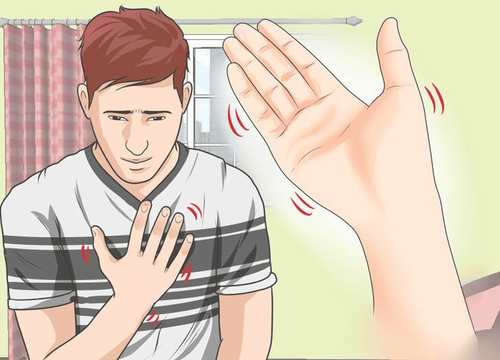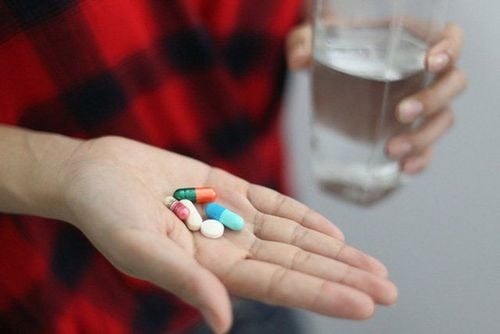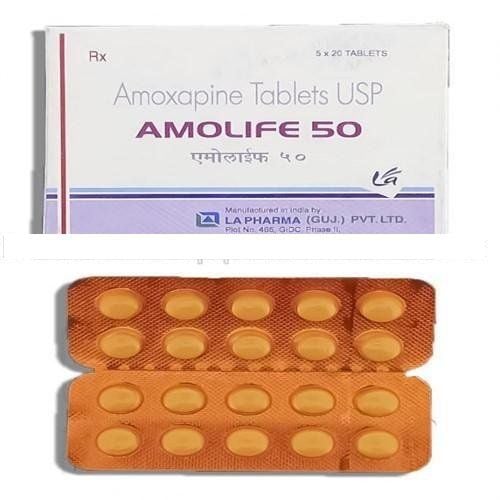This is an automatically translated article.
As one of the extremely common mental illnesses in modern society, if not detected in time, end-stage depression can cause the patient to have foolish thoughts and actions, dangerous to their personality. network.
Understanding the symptoms of depression, whether depression is dangerous will help the patient and the patient's family have a timely treatment.
Depression has many different forms such as: Depression after breakup, seasonal depression, depression due to stress, depression during pregnancy, postpartum depression ... The severity of the disease depends on the level of depression. disease degree. Depression is divided into 3 levels: mild depression, moderate depression, and major depression.
Mild depression can go away on its own if detected in time and with family support. Moderate depression sometimes requires medication, but is still treatable. Severe depression, terminal depression is the most difficult and dangerous stage to treat. Patients may have suicidal ideation or depression, need to persevere in treatment.
WHO estimates that every year around 850,000 people die from suicide by depression. Only 25% of these are detected in time and treated. This is the cause of more than 50% of suicide cases, commonly found in unemployed, bankrupt, divorced.... Depressed patients have a high risk of suicide, mostly in two main groups:
Male gender, over 50 years old, living in rural areas Female, young, living in urban areas Suicide depression can be sudden or premeditated, insidious or heralded. It can be affirmed that depression is a dangerous disease when it is in the severe stage.
Depression is a mental and physical illness that can seriously affect health and quality of life. Therefore, when you see symptoms of depression in yourself or your friends and relatives, you need to see a specialist as soon as possible to be treated with drugs and appropriate psychological therapies. Above all, the patient needs to receive the attention of family and loved ones and even the doctor to help overcome this situation, prevent it from progressing to end-stage depression, because the disease can be much worse. much if left untreated.













